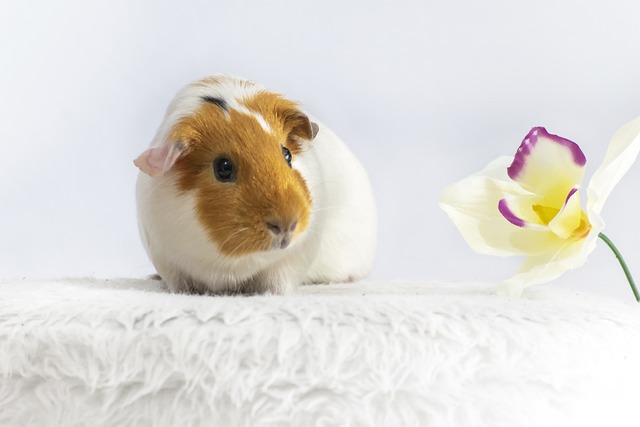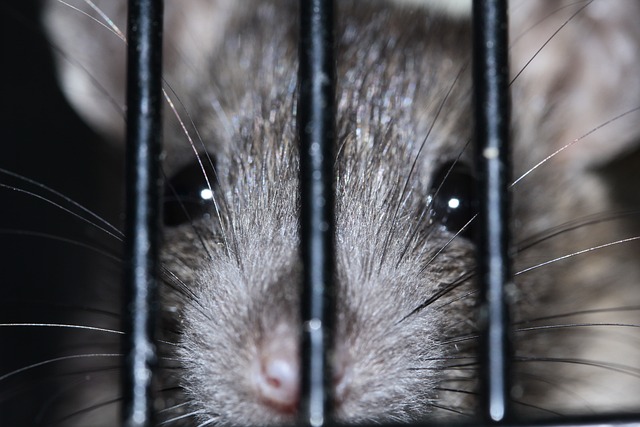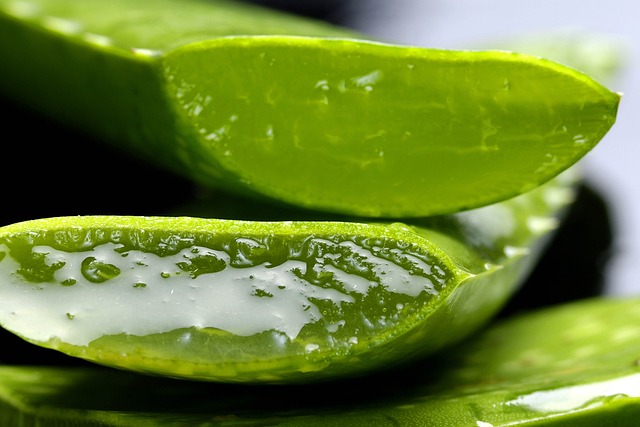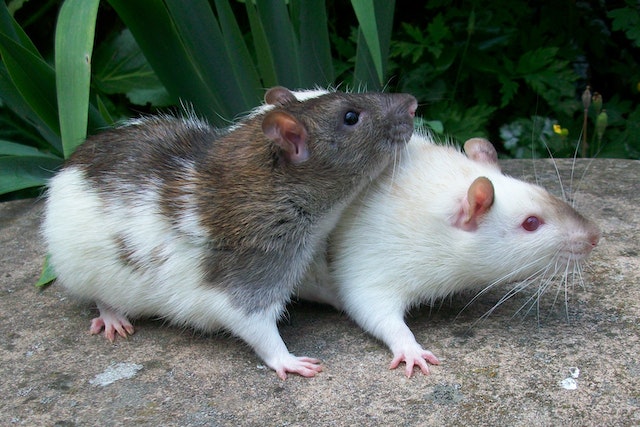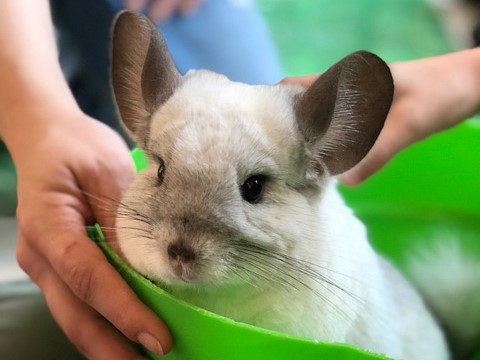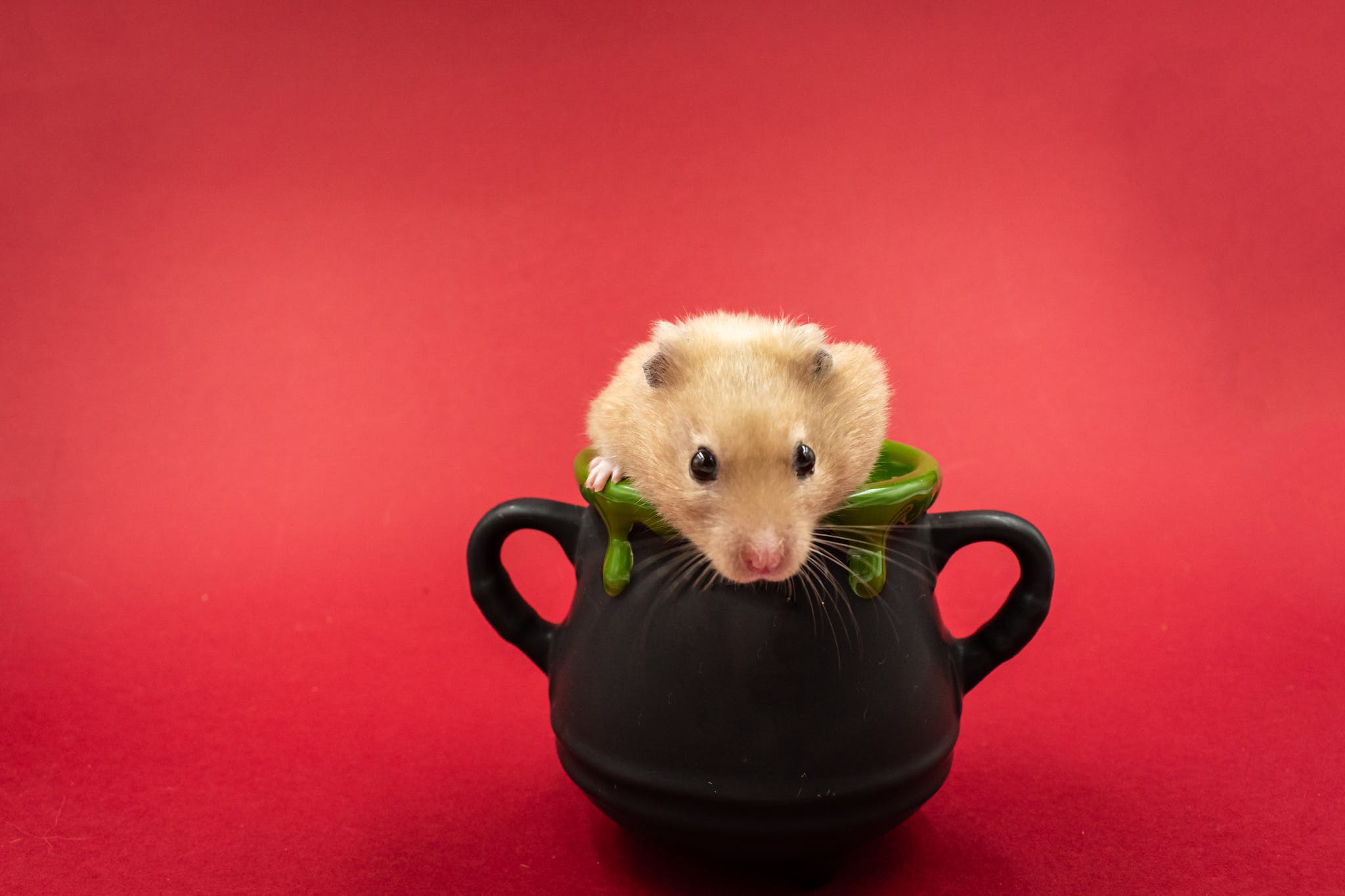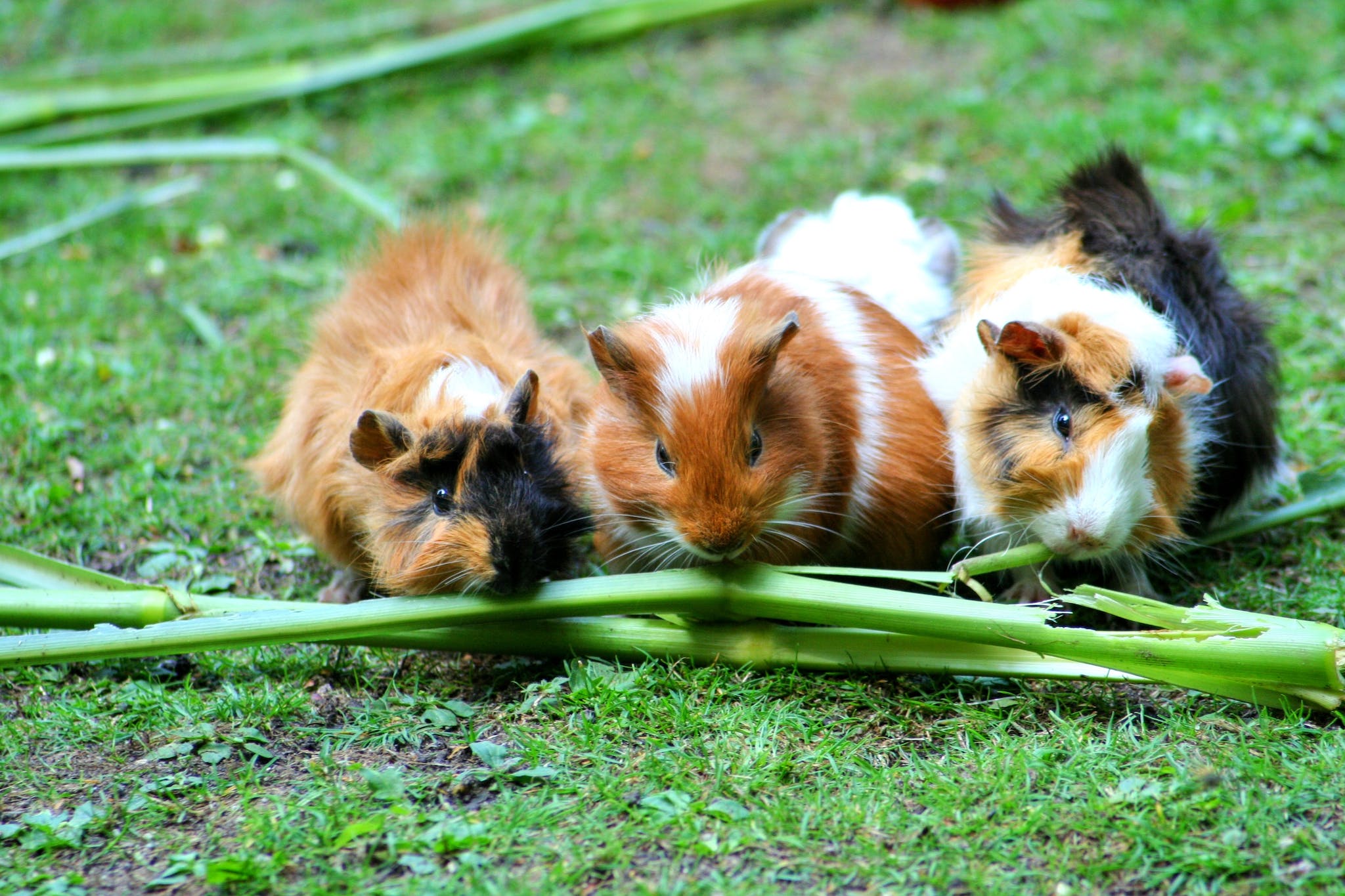What To Do When You First Get A Guinea Pig
There are some affiliate links below, but they are all products I highly recommend. For more info, view my disclosure here.
Do you have a new guinea pig or are you thinking of getting one? Guinea pigs make great pets, but they require special care. If you’re wondering what to do when you first get a guinea pig, then look no further! In this article, we will provide some tips and advice on how to properly care for your pet and make sure they have a happy home.
Owning a guinea pig is an exciting venture. They’re active, social animals that need lots of love and attention. To ensure the health and wellbeing of your new pet, it’s important to do your research before bringing them home. This includes understanding their diet and housing needs as well as learning how to properly handle them.
A guinea pig can bring years of joy into your life if cared for properly. With the right knowledge and preparation, your beloved pet will soon be safe and sound in their new home! Keep reading to find out more about what to do when you first get a guinea pig.
Choosing The Right Guinea Pig
When deciding to get a pet guinea pig for the first time, there are a few things you should consider. First, find out what kind of guinea pig is best for you. There are many types and sizes of guinea pigs, so make sure you research which one is right for you. Second, get the right cage for your new pet.
Guinea pigs need enough space to move around, so it’s important to find a large enough cage that will provide them with plenty of room. Lastly, make sure to include plenty of grass hay in the cage. Grass hay helps keep your guinea pig’s teeth healthy and provides them with plenty of nutrients.
Preparing A Home
Now that you have chosen the perfect guinea pig, it is time to prepare a home for them. Guinea pigs are social animals, so be sure to keep this in mind when setting up their living space.
The first step is to purchase a pet shop cage with enough room and height for your guinea pig. Then add bedding such as wood shavings or even hay on the floor of the cage. Lastly, provide fresh water at all times and make sure the cage is cleaned regularly.
Since guinea pigs love company, it’s important to give them some floor time outside their cage every day. You can create a safe play area with items like plastic tubes and tunnels or even cardboard boxes that they can explore. Make sure there isn’t anything that could harm them or get caught in their fur before letting them out of their cage.
Remember that guinea pigs need plenty of love and attention, so be prepared to spend some quality time with your new pet. They make great companions, so give them lots of cuddles and talk to them – they may even respond back!
Supplies To Buy
When you first get a guinea pig, there are several items you will need to purchase for them. The most essential item is a cage that is large enough for the guinea pig to move around comfortably. You should also buy bedding for the bottom of the cage. If the bedding isn’t made specifically for guinea pigs, make sure it’s not treated with any chemicals or fragrances.
You’ll also need a water bottle to attach to the side of the cage so your pet can drink at any time. Make sure to check pet stores and online retailers for guinea pig supplies. It’s also important to provide your pet with its own vitamin C, as they can’t produce their own and need an external source of it in order to stay healthy.
Overall, these are just some of the basics you’ll need when getting your guinea pig. Once you have all the necessary supplies and set up their home, your pet will be ready to start living with you!
Food And Nutrition Requirements
When caring for a guinea pig, it’s essential to provide them with the right food and nutrition. The most important thing to remember is that guinea pigs need a lot of timothy hay in their diet. It should be available to them all the time, as it helps keep their digestive systems healthy. High quality hay is also necessary to ensure good nutrition.
In addition to hay, fresh vegetables and fruits should also be provided daily. Make sure they are washed before giving them to your guinea pig. A variety of fresh produce is good for your pet and will help keep them healthy for a long time. It’s also important to provide your guinea pig with clean water that should be changed on a regular basis.
Finally, you will need a food dish that can hold the various foods you give your guinea pig. Be sure to choose one that is the appropriate size for your pet and doesn’t get tipped over easily. Cleaning it regularly will also help keep your pet healthy and happy.
Grooming And Hygiene
Grooming and hygiene are essential for guinea pigs, so it is important to develop good habits from the start. Guinea pigs should be monitored closely for signs of stress or illness, as they have a tendency to hide any health issues they may have.
They can become easily distressed, so it is important to remain on high alert when handling them. If a guinea pig has patchy hair loss or appears uncomfortable, this could indicate an underlying health issue such as a fungal infection or mange mites–both of which require prompt medical attention.
To keep your guinea pig’s coat healthy and free of parasites, regular brushing and combing is recommended. This will also help minimize shedding and prevent matting. Additionally, bedding should be kept clean and dry at all times. Look for paper-based bedding that is specially designed for small animals like guinea pigs; avoid using wood shavings or cedar chips as these can cause respiratory irritation with prolonged exposure.
Finally, regular baths are not generally recommended for guinea pigs as they can result in dry skin and stress. However, if your pet becomes dirty due to an accident you can bathe them using a mild shampoo specifically formulated for guinea pigs or other small animals. While bathing, make sure the water temperature remains lukewarm and do not leave your pet unattended in the water–this could lead to drowning.
Exercise And Playtime
Exercise and playtime are an important part of keeping your guinea pig healthy. Guinea pigs are social creatures, so it’s a good thing to keep them entertained. One great option is to buy or make some toys for them to play with. Prey animals, like guinea pigs, love to explore and investigate their surroundings, so providing them with items that stimulate their curiosity is a great way to keep them busy.
You can also set up an obstacle course in the cage and have your guinea pig run through it on occasion. This adds some much needed exercise into their lives and keeps them from getting bored. If you have multiple guinea pigs, then they will likely enjoy playing together too! You can get creative with this and even make your own obstacles using household objects such as cardboard boxes or paper towel rolls.
Finally, spending time interacting with your guinea pig is also a great way to form a bond between you two. Playing games like hide-and-seek or tug of war are great activities for both of you! Make sure not to forget about mental stimulation either – this can be done by introducing new toys regularly or giving them puzzles to work out. Showing your guinea pig how much you care will go a long way towards maintaining a healthy relationship between the two of you!
Setting Up An Environment
When you first get a guinea pig, it’s important to create an environment that meets their needs. Their new home should be a cage large enough for them to move around in and explore, as well as provide enough space for toys and hideaways. Make sure the cage is made of safe materials, like plastic or metal, and avoid any with wire floors. Guinea pigs have sensitive feet and can get hurt on wire floors if they are not covered.
The new setting should also meet your guinea pig’s social needs. If you plan on having more than one guinea pig, it’s best to get them at the same time so they can grow up together and develop strong bonds. If your guinea pig will be living alone, then make sure they have plenty of toys that provide mental stimulation. Additionally, providing another pet such as a rabbit or hamster can help them feel more secure in their new environment by giving them company of their own kind.
It’s important to consider all these aspects when setting up an environment for your guinea pig so that they feel safe and comfortable in their new home. Start by making sure their cage is large enough and has safe materials like plastic or metal, then add some toys or another pet to keep them entertained and feeling secure. With these steps taken care of, you’ll be ready to welcome your new pet into the family!
Handling And Bonding With Your Pet
Now that you have set up a safe and comfortable environment for your new pet, it’s time to start the bonding process. Guinea pigs are social herd animals so it is important to handle them gently and often. As guinea pigs can become frightened or agitated easily, they should not be handled by young children without supervision.
Start by getting your guinea pig accustomed to you by speaking softly and offering treats from the palm of your hand. Doing this helps form a trusting bond between you and your new friend. Once your guinea pig has grown comfortable with you, begin to pick her up carefully, supporting her body with both hands. Make sure she feels secure in your arms as she adjusts to being out of her cage.
It is also important to provide lots of playtime outside of the cage in a safe area, such as on the floor or in a pet playpen. This will allow your guinea pig to get used to being around people while spending quality time with their owner. Be sure to supervise at all times and take precautions when allowing young children around them, as they may accidentally frighten or harm them due to their small size. With patience and care, soon enough you will have formed an unbreakable bond with your new furry companion!
Introducing Other Animals
When introducing other animals to a guinea pig, it’s important to be careful. Start by introducing your pet to any new pets in a neutral territory, like a large room or open area. If you have another guinea pig, make sure it is of the opposite sex and neutered, as two female guinea pigs together can cause fighting and stress.
When introducing them, allow them to sniff and explore each other from a safe distance. This will help the guinea pig feel more comfortable and secure in its environment. Make sure you supervise all meetings between pets for safety reasons.
It’s important that you watch your guinea pigs closely when introducing them to one another, as this can be a stressful experience for them. Keep an eye out for signs of stress or aggression so you can intervene before it escalates into something serious. A successful introduction takes patience and understanding; don’t rush it! With the right approach, your pets should eventually get along with one another.
Signs Of Illness Or Injury
It’s important to be aware of any signs of illness or injury when you first get a guinea pig. New pets are especially prone to infections and diseases, so it’s critical to pay close attention to your young guinea pig. Common signs of illness or injury include lethargy, weight loss, labored breathing, runny nose and eyes, bald patches, and changes in their diet. If you notice any of these symptoms, take your guinea pig to the vet right away.
It can also be helpful to observe your guinea pig’s behavior when it comes to health issues. Dominant guinea pigs may behave differently than social guinea pigs when they are not feeling well. They may become territorial or aggressive if they are in pain or feel threatened. Paying close attention to how your pet behaves is one way to stay on top of their health needs.
Guinea pig care involves more than just feeding them hay and vegetables; it also means looking out for any signs that could indicate a health issue. Monitor them closely for any changes in behavior or physical condition that could signal an illness or injury. If you suspect something is wrong with your pet, take them to the vet immediately for an examination.
Veterinary Checkups
Once you’ve gotten your new pet settled in, it’s important to take them to the vet for their first checkup. As a new guinea pig owner, it’s essential that you take your pet for regular veterinary checkups to ensure their health and wellness. Not only is this important for all pets, but it’s especially vital for a starter pet like a guinea pig.
At the vet, they’ll be able to provide advice and answer any questions that you have about your new guinea pig. They can also help you determine which essential items are necessary for their care. In addition, they’ll be able to provide treatments or vaccinations if needed and will make sure that your pet is healthy and happy.
It’s important to remember that regular veterinary checkups are critical for the health of your guinea pig. These checkups should always be scheduled at least once every six months so any potential issues can be identified quickly and addressed before they become more serious issues. Taking preventive measures now will help ensure that your new pet has a long and happy life with you!
Training Tips
Once you’ve brought home your new guinea pig, it’s important to start the training process right away. The first step is to ensure that the guinea pig’s cage is a comfortable size and has plenty of space for them to move around. Make sure to provide them with plenty of hiding places, such as boxes or tunnels, as guinea pigs feel safe in small spaces. It’s also important to keep young children away from the cage, as sudden movements can scare guinea pigs and cause them stress.
When interacting with your guinea pig, it’s important to be gentle and patient. Guinea pigs are social creatures, so they appreciate affection and interaction. Speak softly when around them and take time to get used to their presence before trying to pick them up or pet them. It will also help if you give them treats during training sessions; this will not only reward good behavior but also help create a bond between you two.
With patience and consistency, your guinea pig can become a great companion animal. Training sessions should be short but frequent in order for your guinea pig adjust quickly and effectively to its new environment. As long as you’re patient and understanding, teaching your furry friend manners won’t be hard at all!
Fun Activities For You And Your Pet
Now that your new guinea pig is settled into its ew home, it’s time to start having fun with your small animal! After all, a happy life for both you and your pet starts with bonding. You can do this by spending quality time with them every day. Playing together and cuddling are great ways to form a mutual bond of trust and friendship.
Creating an interactive environment for your guinea pig is another way to bond. You can build an obstacle course in the house or buy some toys from the pet store that will keep them entertained. Make sure you take the time to watch them interact with their new toys. Not only is it entertaining, but it also gives you insight into their personality and preferences.
You can also try taking your guinea pig outside (if possible) so they can explore their natural environment, as well as get some exercise. Just make sure they have supervision at all times if they’re outside — they are small animals after all!
No matter what activities you choose to do with your guinea pig, remember that forming a strong bond between you two will help create a lasting friendship between the two of you — one that will last many years and provide lots of joy! This is a good option for anyone looking to make their pet a lifelong best friend.
Tips For Traveling With Your Pet
Traveling with a pet can be a fun and exciting experience. However, it is important to be prepared when taking your pet out of their familiar home environment. If you just got your first guinea pig, there are some tips to keep in mind when bringing them to a new place.
First, make sure that you have all the necessary items like a carrying case or travel cage for your pet. Additionally, ensure that the cage is large enough for the breed of guinea pig you have. Different breeds require different sized cages and can have different needs when traveling.
Second, if possible, try to ensure that the environment at your destination is similar to your pet’s home environment. This includes making sure the temperature and humidity levels are similar as well as providing them with familiar toys or bedding from home. Guinea pigs can get anxious in new surroundings so bringing familiar items will help them feel more at ease in their new home.
Finally, always make sure that your guinea pig is secure during transport by keeping them in their cage or carrier at all times. Taking frequent breaks during long trips will also help reduce stress on your pet and can make traveling with them much easier and enjoyable for everyone involved!
End Of Life Considerations
Now that you’ve taken the necessary precautions to safely travel with your pet guinea pig, it is important to consider other aspects of their care. When you first get a guinea pig, there are certain things you should do to ensure their well-being. Guinea pigs are prey species and can be easily startled by loud noises or unexpected movements. They also need plenty of space, direct sunlight, and a healthy diet. Additionally, when it comes time for end of life considerations, it is especially important to consider the needs of older guinea pigs who may not have the same level of activity as younger animals.
When considering your guinea pig’s end of life care plan, make sure they are comfortable and that they are surrounded by familiar objects and people. It is also important to keep them in a low-stress environment with minimal disruptions or changes in routine. If possible, provide them with extra bedding and soft surfaces to lie on so they can feel secure when passing away.
Euthanasia should be considered if the quality of life for your pet has declined significantly due to age or illness. In this case, talk to your veterinarian about what options would be best for you and your pet’s situation. Make sure to ask any questions you may have about the procedure before making a decision. Ultimately, it is up to you as an owner to decide what route is best for your beloved pet during their final days.
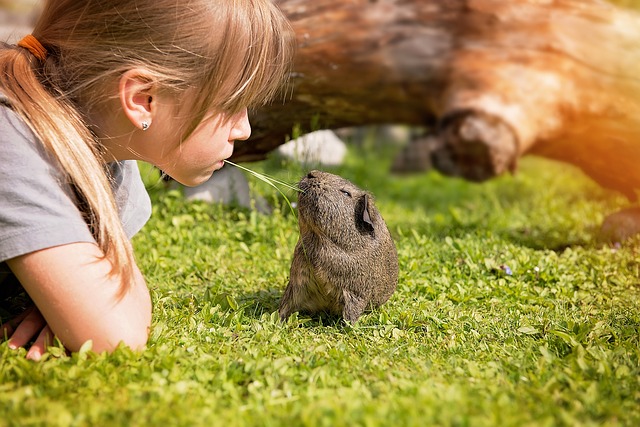
It’s important to remember that your guinea pig is a living creature with needs and emotions. With the right care, you can have many years of joy together. A loving bond will form between you and your guinea pig if you take the time to understand their needs and provide them with a safe and comfortable home.
Caring for a guinea pig requires patience and commitment, but it can be an incredibly rewarding experience. Spend time getting to know them, learn what they like and don’t like, and make sure they’re happy. When you do that, you’ll have a friend for life who will bring lots of happiness into your life!
Taking on the responsibility of caring for a pet is an important decision – but one that can bring so much joy! Guinea pigs are wonderful companions who will love spending time with their owners. As long as you provide them with everything they need, there’s no doubt that your guinea pig will become a treasured member of your family!
